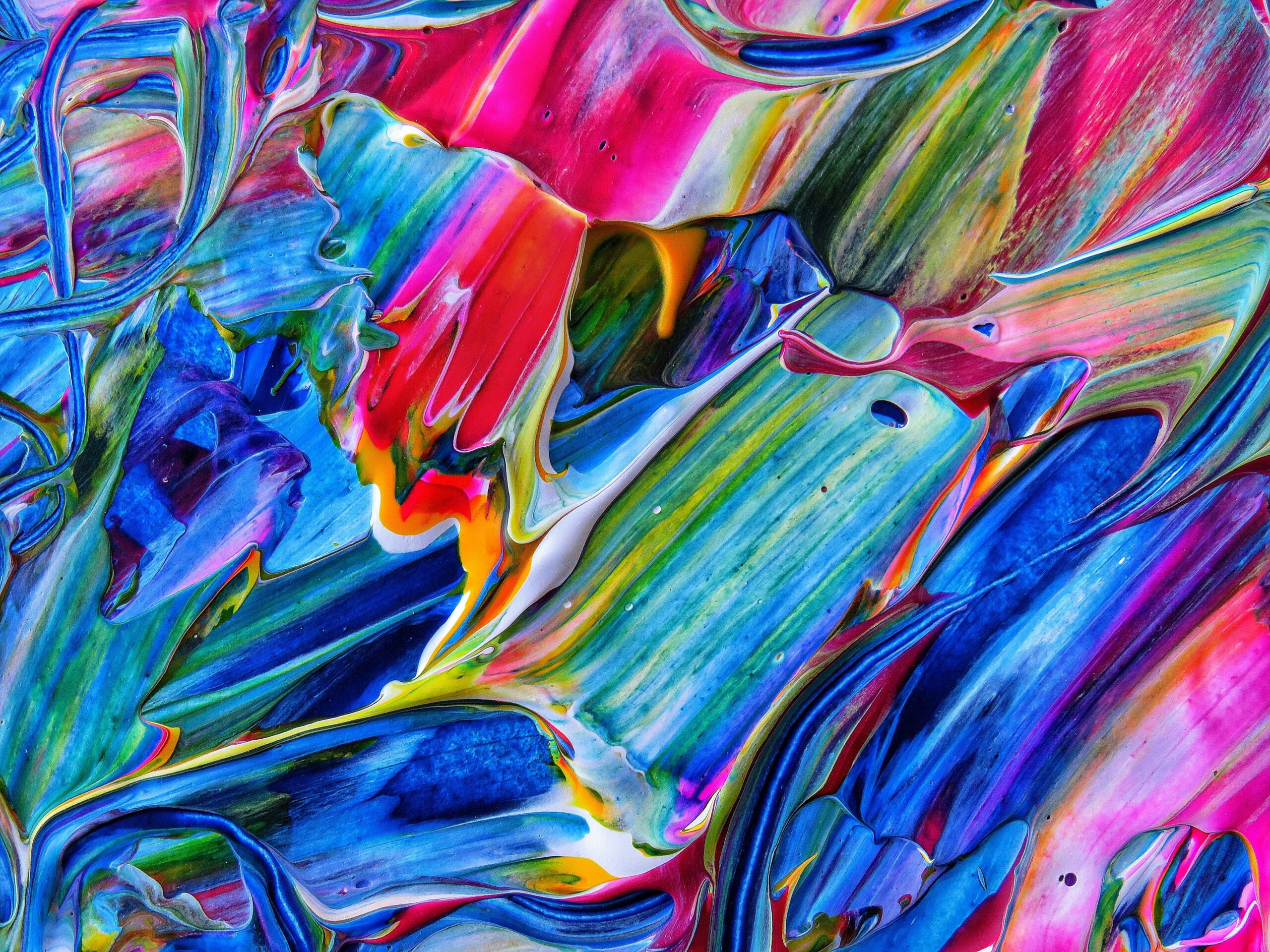In the tapestry of human civilization, artists have always played a profound role, not just as entertainers or creators of beauty, but as catalysts for societal change. From visual artists and musicians to writers and filmmakers, artists have a unique responsibility to challenge norms, provoke thought, and inspire action. In this blog post, we’ll explore the profound impact of artists on society and delve into their responsibility to ignite change.
The Power of Art to Influence Society
Art has the extraordinary ability to transcend barriers, evoke emotions, and spark dialogue. Whether through paintings, music, literature, or film, artists have the power to shape perceptions, challenge conventions, and drive social progress. Consider the following ways in which art influences society:
Cultural Reflection: Art often serves as a mirror reflecting the values, beliefs, and struggles of society. Through their work, artists can shine a light on pressing issues, giving voice to marginalized communities and amplifying their experiences.
Emotional Connection: Art has the power to evoke empathy, compassion, and solidarity among individuals. Whether through a poignant painting, a stirring melody, or a thought-provoking film, artists can touch hearts and inspire action.
Catalyst for Change: History is replete with examples of artists who have used their platform to drive social change. From civil rights activists like Nina Simone and Bob Dylan to visual artists like Banksy and Ai Weiwei, artists have wielded their creativity as a tool for advocacy and activism.
The Responsibility of Artists
With great power comes great responsibility, and artists are no exception. As creators of culture and guardians of truth, artists have a moral obligation to use their talents for the betterment of society. Here are some key responsibilities artists bear:
Authenticity: Artists must remain true to their vision and convictions, using their creativity to express genuine emotions and perspectives. Authenticity resonates with audiences and lends credibility to their message.
Social Commentary: Artists should not shy away from addressing societal issues and injustices in their work. By shedding light on pressing concerns, they can inspire awareness, empathy, and action among their audience.
Empowerment: Artists have the power to empower individuals and communities, particularly those who have been historically marginalized or silenced. By amplifying diverse voices and narratives, they can foster inclusivity and social justice.
Inspiration and Hope: In times of turmoil and uncertainty, artists can serve as beacons of hope and inspiration. Through their work, they can offer solace, encouragement, and a vision of a better world.
In Conclusion:
Artists occupy a unique and privileged position in society, with the ability to shape hearts, minds, and cultures. Their responsibility to effect change goes beyond mere entertainment or aesthetics; it encompasses a commitment to truth, justice, and humanity. By embracing their role as agents of change, artists can harness the transformative power of art to create a more compassionate, equitable, and enlightened world.


